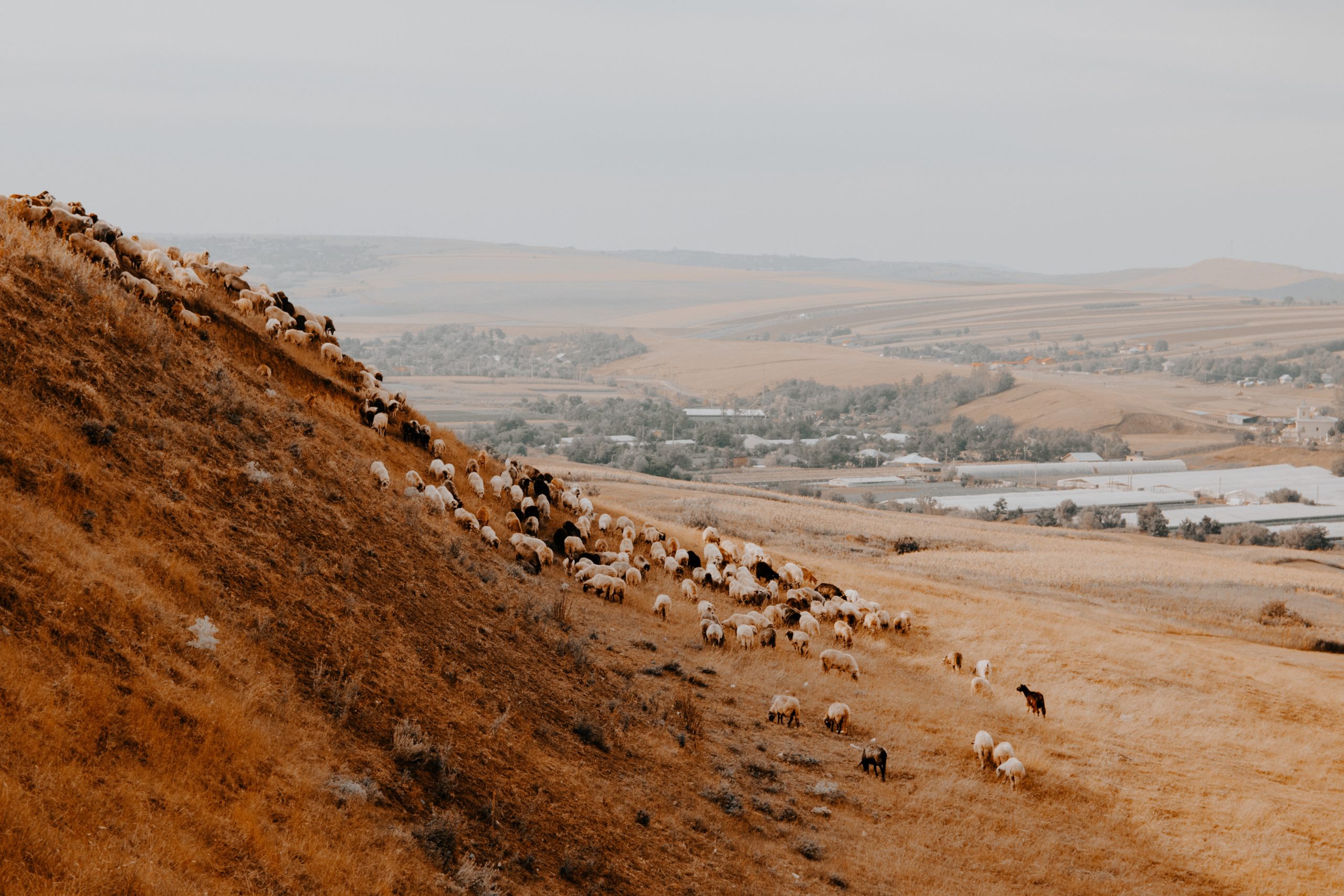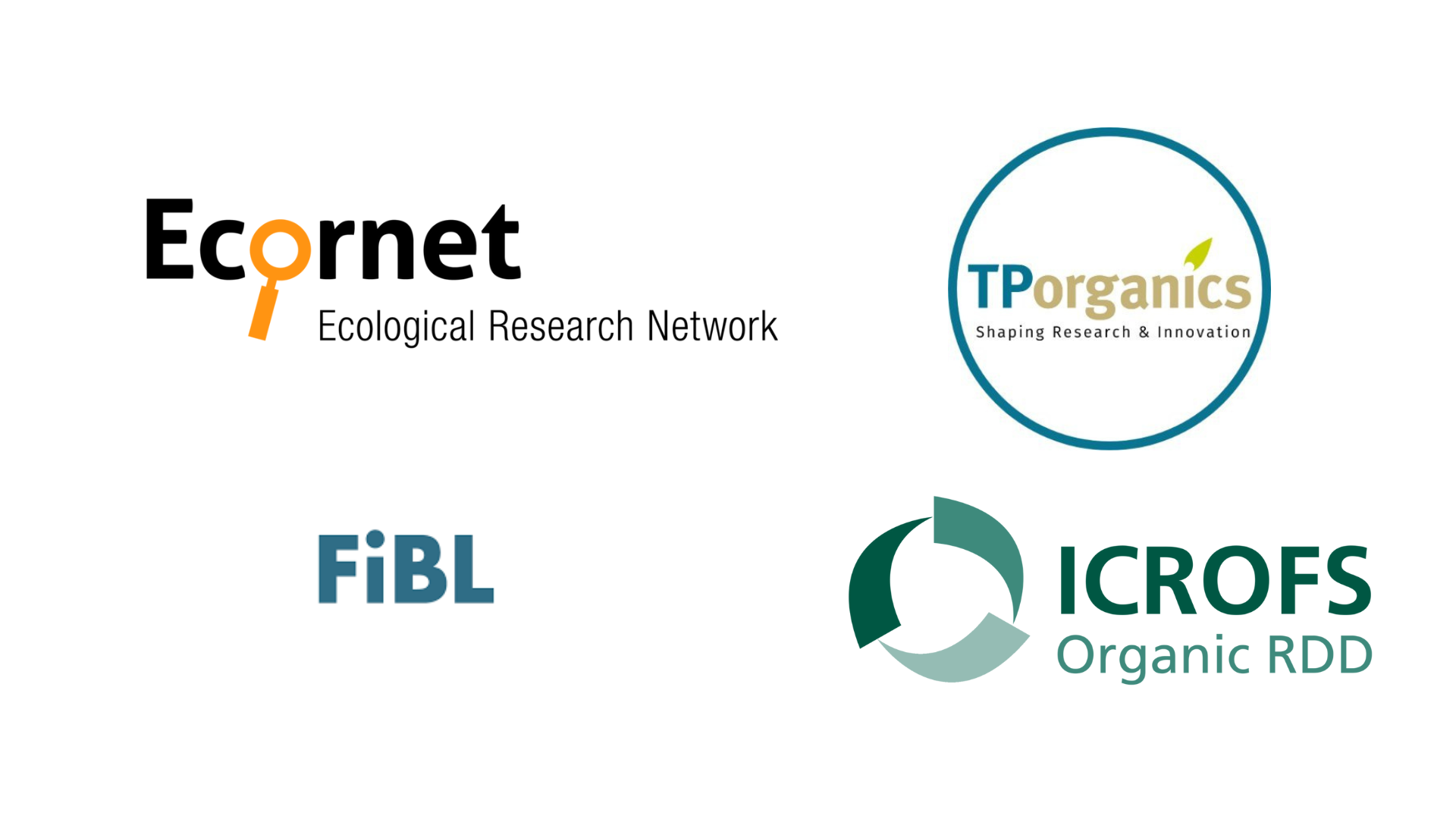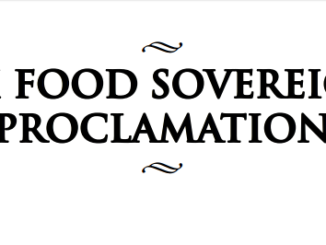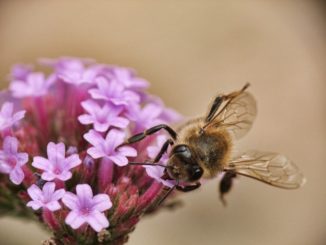
Science, research, development and extension services associated with organic agriculture are a crucial support for reform of the food system in a sustainable direction. Without their backing, sustainable and small-holder agriculture has little chance. By William Burns
False Start
Currently, across Europe, we see that relevant science is done by an underfunded patchwork of institutions and definitely at an inadequate scale given the challenge. This gap in our capacity rarely attracts big interest and, indeed, very few people really know all the crucial details; in part because R&D is seen as an esoteric activity outside more immediate concerns that rightly dominate environmental campaigns.
Nevertheless, as suggested by a survey I conducted in 2021, capability in these areas is badly neglected particularly in the countries of eastern Europe where agriculture really matters for the local economy and, in some cases such as Ukraine, global food supplies.
“We lack everything for doing research, starting from the possibility to participate in conferences, even books and journals. Nor do we have any equipment.”
This is what a senior scientist at a major eastern European institution wrote in my survey. The comment is emblematic. Many places I looked, scientists trying to support sustainable agriculture were hampered by a lack of basic resources. They also felt unable to talk on the record about the issue. Their job had become difficult and perhaps impossible. Some had left for alternative careers such as establishing a perfumes business. Skilled human resource is not easy to replace once it has gone.
History matters
While of course neglect of relevant science and research reflects a general neglect of organic and sustainable agriculture, science plays complex roles in shaping, and being shaped by, the wider sphere of knowledge and expertise that sets the parameters of our food system. Clues to this phenomenon over the longer term come from the various chaotic changes to farming in eastern Europe and the former USSR after 1989/91 which still reverberate today.
The story is a big one, although not properly documented. But an insightful study by Prof. Antoine Roger, concerning Romania’s public agricultural research and extension system after 1989, offers a glimpse of the factors involved. In this case, policies implemented through the 1990s, which were neither strategic nor sincere, damaged the Romanian agricultural science and research system to the extent that it could no longer produce reliable scientific knowledge. Romanian farmers and scientists become dependent on the agrochemical industry.
No one could have seriously advocated for preservation of R&D structures developed before 1989 during the Ceaușescu dictatorship. Yet it is possible to imagine an alternative history of more thoughtful policies and therefore a better outcome, including reinforced small-holder agriculture in which science and research played a supportive role. Such an alternative history was, however, politically impossible in the circumstances; this experience, regrettably, informs us about the narrow landing zone of what might be achieved as similar chaotic situations arise.
Solutions are immanent
Solutions are invariably immanent yet remain unimplemented. Indeed we have seen several ideas proposed globally over the past few decades that would have boosted concerted action on relevant science and research. One of the most well-developed in living memory was for a multilateral organic research capability, costed at 25m US$ per annum, and known as ORCA.
It was developed under the auspices of FAO in 2009 with a view to mobilizing and strengthening 11 organic research centers mainly across the global south. Unfortunately, officials in the Obama administration declined to fund it, citing ‘inflexibility’ in the US Department of Agriculture budget, according to my source who was close to the program at that time.
ORCA was not intended as a European concept. However, viewed from an EU perspective, there is a lot that can be learned from the proposal, such as building strategic R&D capacity across different agroecosystems. These agroecosystems are now collapsing around us.

Current capacity is too small
Where could we find potential delivery agents for an expanded scientific enterprise that included both studies of the negative effects of industrial agriculture as well as development of potential solutions? Existing research units working in the nexus of agriculture and environment would include the Swiss FiBL, probably the biggest standalone organic research institute in Europe.
We should also recognize the efforts of such programs as the Danish ICROFS in bringing coherence to the research enterprise not just within their own national borders but at an international scale. Looking slightly more widely at related environmental topics, German research organizations in the green space have been some of the best networked, noting the Ecornet Ecological Research Network.
Yet, overall, these varied bodies do not form a single organizational unit capable of directing relevant science and research across the continent nor of supplying it at the right scale (despite some of them being connected through the EU-funded Tporganics). It is not a new point to say there is no ‘Airbus’ or ‘European Space Agency’ for the green movement, yet that is what we need in terms of capacity and political weight to sustain the necessary goal-directed science over the next decades.
Actions needed
Even at a relatively smaller scale, integrated action remains a big challenge. A report from the Friends of the Earth Germany (BUND) science policy commission outlined the need to expand science and research across green NGOs such as through bundled capability and a dedicated research fund.
This report was published almost a decade ago. But the ideas in it do not seem to have been taken up or for that matter even discussed since. This is not anyone’s fault but because we lack pan-European spaces for discussion of science policy on the progressive side of politics.
We definitely need funds for expansion of R&D, i.e., supporting more than the usual information exchange and networking. But there are also some potential easy wins if budgets could be driven up. The relative neglect of the east of the European continent is a strategic error that should be corrected. A certain proportion of our current agricultural system remains committed to what are now vintage chemical technologies such as pesticides, invented, for the most part, in the mid-twentieth century. This obviously presents an opportunity for innovators. Historically, broad engagement with science and research policy has not been the focus of organic and sustainable agriculture advocates. But it deserves trying because it is one the places where the crucial politics of innovation plays out.
A couple of extra people, acting as a continent-wide think tank, convener and lobby, might at least be able to influence discussions on the next framework/Horizon program, R&I aspects of the cohesion policy, or reconstruction of Ukrainian science and research. This would be a useful step complementing all the other lobbying that will need to be undertaken if we are to move the dial.
Read More…
Marburg Gathering | Building Bridges for Future-Proof Food Systems
Mind The Gap! Sustainable Food Systems Need Intergenerational Cooperation
A Sustainable Food System Law Paving the Way for an Ambitious CAP Reform
A Frugal Farm to Fork – Update on Pesticides, new GMOs, Animal Welfare & Sustainable Food Systems
A Sustainable Food Systems Law – Important for People & Planet, Stalled by the Commission





